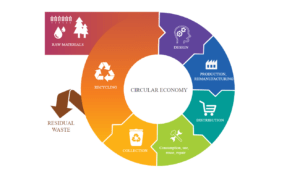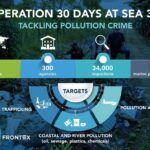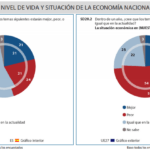The European Union produces more than 2.5 billion tonnes of waste every year. It is currently updating its legislation on waste management to promote a shift to a more sustainable model known as the circular economy. In March 2020 the European Commission presented, under the European Green Deal and as part of the proposed new industrial strategy, a new circular economy action plan that includes proposals on more sustainable product design, reducing waste and empowering consumers (such as a right to repair). Specific focus is brought to resource intensive sectors, such as electronics and ICT, plastics, textiles and construction.
What is the circular economy?
The circular economy is a model of production and consumption, which involves sharing, leasing, reusing, repairing, refurbishing and recycling existing materials and products as long as possible. In this way, the life cycle of products is extended.
In practice, it implies reducing waste to a minimum. When a product reaches the end of its life, its materials are kept within the economy wherever possible. These can be productively used again and again, thereby creating further value.
This is a departure from the traditional, linear economic model, which is based on a take-make-consume-throw away pattern. This model relies on large quantities of cheap, easily accessible materials and energy.
Also part of this model is planned obsolescence, when a product has been designed to have a limited lifespan to encourage consumers to buy it again. The European Parliament has called for measures to tackle this practice.
Why do we need to switch to a circular economy?
The world’s population is growing and with it the demand for raw materials. However, the supply of crucial raw materials is limited.
Finite supplies also means some EU countries are dependent on other countries for their raw materials.
In addition extracting and using raw materials has a major impact on the environment. It also increases energy consumption and CO2 emissions. However, a smarter use of raw materials can lower CO2 emissions.
What are the benefits?
Measures such as waste prevention, ecodesign and re-use could save EU companies money while also reducing total annual greenhouse gas emissions. Currently, the production of materials we use every day account for 45% of the CO2 emissions.
Moving towards a more circular economy could deliver benefits such as reducing pressure on the environment, improving the security of the supply of raw materials, increasing competitiveness, stimulating innovation, boosting economic growth (an additional 0.5% of gross domestic product), creating jobs (700,000 jobs in the EU alone by 2030).
Consumers will also be provided with more durable and innovative products that will increase the quality of life and save them money in the long term.







Leave a Reply